|
The clock is ticking and we urgently need your help to save the lives and livelihoods of the wildlife and rangers. Here are the specific programs and emergency needs on the ground that your tax-deductible gifts will be going towards.
Anti-Poaching Technology Solution & Operations Center to protect some very lucky wildlife who will soon roam 84,000 acres in Zimbabwe. Once used as a hunting concession, the land is now overseen by the Wild is Life Trust which aims to create a safe haven for the animals by combining a combination of field intelligence from some very amazing rangers and forest scouts with state of the art anti-poaching tech. They are starting from the ground up and we are here to help them deploy the fundamental infrastructure and provide the necessary day-to-day equipment to weather the challenges ahead. What appears costly now will actually save lives and future expenses later as these investments have been deliberately and diligently chosen to be scalable and built upon for the future:
The crucial continuation of a rhino repopulation program currently underway in Tanzania. You can read more about the adventures of Eric the Rhino and learn more from the segment in the telecast available on the home page, but this program is at risk due to the current COVID restrictions limiting resource fulfillment and constraints on protective ranger resourcing. We are beyond happy that Eric is safe and thriving with his new girlfriend, but the program must scale and not languish. Thus, the next phases require significant support totaling nearly $250,000. This is for the protection, research, monitoring, and more of this species. You can also sponsor a rhino for $10K! And everyday, it is an emergency where the daily needs of the rangers on the front lines need your help from ensuring they are well fed, sheltered, and equipped.
These are just some of the key buckets where your generous help will go, but these are our priority buckets. We look forward to sharing the impact you have as we head into 2021 and wish you all the warmest of wishes as we together plan for a better world for all its inhabitants. Happy New Year from the ER team around the world and in the bush.
1 Comment
 On Sunday, December 13, 2020, David Yarrow, British fine-art photographer, conservationist & author, was one of the amazing artists and conservationists who came out to lend his voice to the Endangered Rangers fundraiser (now available on demand) and the important cause of supporting the vulnerable Rangers and the important keystone species that they protect, both of which are being disproportionately impacted by the pandemic. David kicks off our new series, Wildlife Champions, which brings you extended stories from around the globe as we band together to end poaching and protect the animals. Follow David on Instagram @DavidYarrow Every moment is monumental during the show, but here are some key markers to help guide you through so you don't miss a thing! Times are approximate so gentle :)
You know how it is. One minute you have a baby elephant calf weighing a mere 200 lbs and teetering at 3 feet tall. Then before you know it, they are a strapping young 10-foot teenage bull hanging out with his bachelor pod and clocking in at 2 tons. They grow up so fast.
Well before we knew it, there was so much important information our celebrity animal advocates wanted to share, valuable insights coming from our rangers and conservationists on the ground, and anti-poaching innovations to rejoice in, we just had to EXPAND. Originally schedule for 90 minutes, Endangered Rangers will now run about three hours so that there is no way for you to miss the triumphant story of a reformed poacher turned small business owner, the playful yet productive detection dog segments, and not one, but TWO, songs performed by Dave Matthews, exclusively for us. Well, all the songs from Chronixx to Don Felder (OMG he is singing 'Hotel California') to the effervescent Jordin Sparks are performed just for us. You won't see these versions anywhere else! The start times remain the same, but runtimes are now:
See you tomorrow!
We have so enjoyed sharing pictures, videos, and facts with you about the rangers and the wildlife that we'd like to encourage you to spread the word.
Please follow us on Social:
Even easier is to visit our toolkit where you can grab assets to customize your own posts or see a beautiful board of our recent posts for you to quickly push to your own pages.
The only discounts we know about here at Endangered Rangers are the populations ones. But today, despite black rhinos still being on the "Critically Endangered" list, we want to tell you about an increase in numbers. Sometimes it is good when the numbers go up! Due to survival population programs and persistent conservation efforts, black rhinos have gone from about 2,400 in 1995 to over 5,000 today, according to the WWF. When you understand that they went from 65,000 in 1970 to 2,400, then you'll see that anti-poaching efforts and translocations are working. However, as encouraging as this recovery is, it is slow as poaching is still the #1 threat to these beautiful creatures. Now with COVID-19, the temptation for the mythical healing powers of these simple Keratin-horns (just like our fingernails), continues to drive bounties. This is why Endangered Rangers and other relief programs are asking for your help as we work tirelessly to prevent the reversal of conservation progress. Here is one of the amazing stories, the story of Eric the rhino who, in 2018, made a pilgrimage from California to Tanzania as part of the Species Survival Plan, a species management program of the Association of Zoos and Aquariums. Eric is thriving and you can read an update on his wonderful life HERE, thanks to our friends at the San Diego Zoo Global Wildlife Conservancy.
Video provided by: ATARA FILM
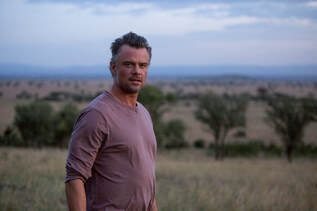 Josh Duhamel hosts celebrity fundraiser in support of the men and women on the front lines of wildlife conservation Josh Duhamel hosts celebrity fundraiser in support of the men and women on the front lines of wildlife conservation FOR IMMEDIATE RELEASE SAVE THE DATE: ENDANGERED RANGERS: A VIRTUAL FUNDRAISER FOR AFRICAN WILDLIFE AND THEIR HUMAN PROTECTORS ON DECEMBER 13, 2020 November 24, 2020 - There are brave frontline workers across the globe working to protect others. In Africa, these selfless warriors are not only safeguarding their communities, but also the wildlife where COVID-19 has accelerated the already ominous threats to their preservation. Endangered Rangers: A Virtual Fundraiser for African Wildlife & Their Human Protectors is the united effort of two game-changing conservation organizations who immediately shifted their efforts toward mitigating the economic hardships faced by the conservation community and restoring support for wildlife protection operations.
 A former lead guitarist for the Eagles, Don Felder, will join the all-star list of celebrities at this year's Endangered Rangers fundraiser. A former lead guitarist for the Eagles, Don Felder, will join the all-star list of celebrities at this year's Endangered Rangers fundraiser. Ranger jobs are being cut due to the economic downturn in tourism while poaching has exploded, becoming a pandemic in and of itself. The responsibility of securing the future of endangered species rests heavily on these peacekeepers' - the rangers - shoulders. When you add in the suffering and loss we are all feeling across our communities combined with the inability to earn a livelihood, the burden is enormous. This loss of conservation revenue, up to 90% in Eastern and Southern Africa, is crippling ranger livelihoods and creating security issues. The reduction in ranger patrols and visitors draws out brazen poachers putting more animals at risk, accelerating already unbelievable timelines for the eradication of key species, and derailing the considerable progress made in wildlife conservation. There has been an exponential increase in reports of poaching incidents, bushmeat seizures, and wire snares. In an effort to counteract the domino effect COVID-19 has triggered, proceeds from the event will go towards two forward-looking organizations who are developing innovative, scalable, and effective anti-poaching initiatives - the African Community & Conservation Foundation which supports the Grumeti Fund and The Malilangwe Trust, and Zambezi Partners which supports Wild is Life. They were brought together through their shared mission to preserve African wildlife through the eradication of poaching using transformative community programs and advanced technologies. In addition to critical ranger support, this fundraiser supports initiatives that are helping inform the development of anti-poaching hardware and software solutions such as AI cameras, predictive analytic platforms, event visualization tools, animal trackers, and secure communication networks. The field testing and data collected from the beneficiaries of Endangers Rangers will contribute towards efforts to make these solutions more inclusive of the variances among the over 7,800 protected areas in Africa. Comprehending and solving for the differences in size, terrain, animal and forest density, funding, staffing, and the use cases are critical as resources are being developed. These findings will be shared with the wider conservation community to help advance innovation across the broader ecosystem. “The beneficiaries of Endangered Rangers represent African reserves at varying stages of technology deployment,” said Jenna Seiden, former talent agent turned conservation technologist and fund manager at Zambezi Partners. “Ranger intelligence is vital in the evolution of these anti-poaching solutions, which is why their health and safety is our priority. We are honored to stand with ACCF and our entertainment industry family to share these stories of hope with the world.” The Endangered Rangers virtual fundraiser will spotlight the specific challenges the coronavirus has added to anti-poaching operations in light of the fact that keystone species like the African elephant and lion are already being threatened with extinction within decades. And while the stories we will share highlight the severity of the situation on the ground in Africa, the event is meant to inspire hope and show a path forward. “We are harnessing our relationships here at home to provide for the people in Africa who provide for the animals. We have so many success stories in the making, such as our rhino relocation program, that we cannot let the pandemic set us back,” said Brady Forseth, CEO of the African Community & Conservation Foundation. “Our rangers are the heart of operations and the eyes and ears for the wildlife. We are simply overjoyed with the response.”
###
Instagram & Twitter: @EndangrdRangrs Facebook: https://www.facebook.com/EndangrdRangrs Website: https://www.endangeredrangers.com Press Contacts: B Harlan Boll / BHBPR - 626-296-3757 - [email protected]
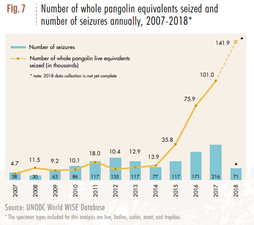 Detection - The Nose Knows Despite recent revolutionary policies restricting wildlife trade in some of the historically largest markets, poaching and the illicit trade of ivory, rhino horn, pangolin scales, and even hippo teeth(!) are still flourishing. Seizures of these items sadly continue. Thankfully, contraband sniffing dogs are helping break the trafficking transport chains. Did you know that it only takes 10-12 seconds for one dog to inspect a vehicle and signal to their handler where the contraband is concealed? They are often positioned at key border points to intercept traffickers coming out of the bush and at airports. Yet poachers are smart and try to find new exit points, but when they bob, the canine units and their handlers weave, growing the range of their patrol coverage and improving their scent-identification skills to discern everthing from specific species to illegal firearms. Canine units, when integrated into a protected area’s anti-poaching program, are known to decrease incidents over 50%. Used as deterrents, they patrol along perimeters and work with neighboring parks. Agencies and governments are also creating joint tasks forces and collaborating to develop strategies specifically for canine units. That sharing of experience and knowledge will exponentially increase their effectiveness, which is why Endangered Rangers will be using monies raised specifically to go towards adding these vital resources to the Wild is Life protected area. 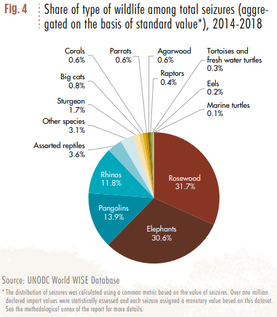 Tracking in Action Canine units with their nifty noses are also key in criminal justice. They track down poachers as well as animals. Dogs are faster than and can traverse often uncompromising terrain better than humans. Thus, when an incident occurs these animals can chase down and secure poachers that perhaps could have eluded human trackers. Or if not faster, more stubborn in all the best ways to search until finding their targets. Is there a best breed for K9 units? According to experts, there are a variety which have found success for these heroic duties - German Shepherds, Belgian Malinois, Black and Tan and Bluetick Coonhounds, and Beagles! Some sniff their way to success, others are more inclined to perform ‘bite work’ as it’s called to detain their prey. While some dogs are trained from birth for this purpose, others are welcomed into this profession. There are dedicated expert training facilities worldwide that provide dogs and training. But our favorite story is close to home where in our Endangered Rangers family, the Grumeti fund, their already functioning canine unit is made up of rescue dogs! These rescues were saved from the United States and received training to apprehend poachers in Africa. They saved domestic animal lives to save wild lives…chills. 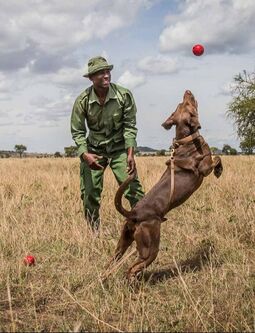 Photo by Scott Ramsey, courtesy of Grumeti Fund Photo by Scott Ramsey, courtesy of Grumeti Fund Canine Care It is important to not only train these beautiful animals, but to care for them and their handlers.
Please join us on Sunday, December 13th as during the show we will bring you more stories on how we employ these canine companions and the impact they have on diminishing the threat of poaching. Sources: The Times UK. “A Rhino’s Best Friend: Dogs are Trained to Hunt Poachers in South Africa”. May 16, 2020; Bored Panda “Dogs Trained To Protect Wildlife Save 45 Rhinos From Poachers”. May 2020; UNODC, World Wildlife Crime Report 2020, United Nations Office on Drugs and Crime, 2020.
It is Thanksgiving week here in the United States. We wish both those staying close to home and those traveling a safe and uneventful one, other than maybe eating too much. For our friends around the world, we continue to keep you in our thoughts daily. Despite the topsy turvy year it has been, we are as encouraged as ever for the future as evidenced by the outpouring of humanitarian giving both to us and other honorable causes. Saving endangered species requires a groundswell of support for the whole wildlife conservation community. Therefore, no matter the organization you regularly support or the one-time giving this season, we are overwhelmed by your generosity for the planet, its people, and its animals. We at Endangered Rangers are grateful every day we get to work towards a better future, but this week could not be a better time to express our appreciation and proclaim our purpose. Thank you from the Endangered Rangers family. Images courtesy of: Scott Ramsay and Bastiaan Photography
It is encouraging to know we are working alongside so many purposeful people in wildlife conservation, yet for every step forward our community is faced with new stressors that are just as determined to reverse recovery. Poaching, climate change, and human encroachment are all powerful forces that we as humans are doing a noble job in fighting, but there is nothing shameful - especially when lives are on the line – in getting some help. In this case, technology is the reinforcement we need. Technology is certainly creating more opportunity in wildlife conservation. From the software that enables rangers to respond faster to poaching activity, to the cameras that can discern not only good human from bad human, and which species of animal, we are well positioned to accelerate the efficacy of our efforts. The problem is that Covid-19 has thrown that proverbial wrench into our plans. Just as the conservation community was collaborating to help evolve the tech to make it more efficient, affordable, and scalable, the pandemic has diverted critical attention and funding away from these achievements. The beneficiaries of Endangered Rangers represent protected areas on the spectrum of technology integration. Where one concession was early in adopting technologies, another ramping up, and the other starting from scratch, their collective experience is being studied by technologists so that these innovations can be more inclusive to the variances among protected areas. These differences in size, terrain, animal density, funding, staffing, and use cases need to be considered as tools are developed. Then together, these findings will be shared with the wider conservation community to help the whole ecosystem. During the event on December 13th, we are thrilled to be able to showcase some of these amazing innovations. From the big tech companies to entrepreneurial startups, from the artificial intelligence to the cyber security networks, these advances restore hope that people and tech together will get the upper hand against poaching, climate change, and human-wildlife conflict. Because we can’t wait, here are a few of the empowering tools that we hope inspire you as much as they do us! 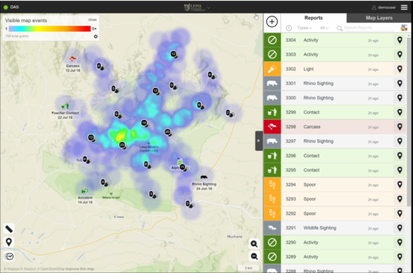 Photo Courtesy of Vulcan Photo Courtesy of Vulcan Earth Ranger This event visualization software is the epicenter of a protected area’s operations room. This system helps rangers monitor wildlife areas and the animals within them. It collects data from multiple sensor inputs and feeds it back to the rangers. It takes information from a myriad of devices, such as animal GPS collars, trail cameras, field logs of snares from rangers on patrol, drone reporting, and more created a complete picture of a protected area in real-time. Rangers can quickly intervene when they see an animal has wandered into a village, helping to maintain healthy human co-existence with wildlife or begin to see animal migration patterns which can inform their patrols, putting them one more step ahead of the poachers. Earth Ranger continues to respond to the global needs of the conservation community and continues to be a valuable partner on this journey for many of us. Learn more about Earth Ranger. 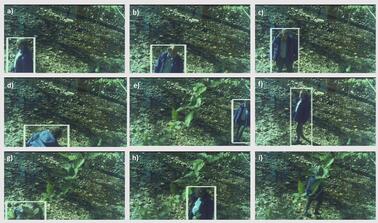 Photo Courtesy of Resolve Photo Courtesy of Resolve TrailGuard AI Cameras We referenced how technology needs to be affordable so that the thousands of protected areas can access them. TrailGuard AI cameras are being developed not only to be within financial reach of everyone who needs them, but also to be the most advanced in detecting human and animal activity. Think of it as the SimpliSafe or Ring security system for wildlife conservation. It detects movement and sends that imagery back to HQ if you will via GSM, long-range radio, or satellite networks. It’s hard to say we know anyone who works harder as everyone committed to conservation is focused 24/7, yet Founder Eric Dinerstein has been heads down with the latest advances in specific species detectors. The units were first field-tested at one of our beneficiaries, the Grumeti Reserve in Tanzania, and we hope to continue to help Eric and other reserves, parks, and even zoos test and get these devices into more hands around the world. Learn more about the Resolve TrailGuard AI Camera.  Photo Courtesy of Smart Parks Photo Courtesy of Smart Parks Smart Parks Elephant Tracker Another entity dedicated to endangered species is Smart Parks who works with the community to develop internet of things (IoT) sensors and networks for wildlife protection. The team also provides solutions for park management and tourist safety, but in terms of wildlife they have been working on ways to detecting intruders in large protected areas, tracking animals with the latest open-source hardware and software, and even tracking vehicles and rangers themselves for safety and security. Their latest advancement, the ElephantEdge, is yet again emblematic of their approach to working collaboratively with partners. Learn more about the OpenCollar ElephantEdge tracker. These are just a few examples of the incredible initiatives taking place that we need to ensure are well supported and deployed, pandemic or not. Remember to join us back here on the 13th of December to learn more about the technology ecosystem protecting our people, animals, and environment. Mark your calendars!
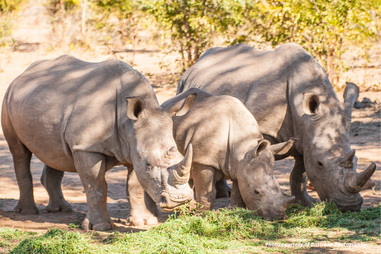 When I met my first ranger on the ground in Zambia, he was just coming off an extended patrol. A sturdy man in his late twenties still in keen command of his rifle, he conferred with a few colleagues before jumping in my 4x4 and said, “Let’s Go. I will take you to them.” “Them” meant some of the last Southern White Rhino in Zambia being protected by the park rangers. He explained a team followed the herd daily to the best of their abilities. Yet other than their own boots on the grounds, primitive radios, and weathered guns they had no other complementary equipment to help monitor their safety amid the threat of poaching. It is common to find that rangers are underequipped for their extremely dangerous jobs in protecting our natural and cultural resources. Indeed, there are remarkable organizations such as Game Rangers International who have set up anti-poaching units in national parks to complement the unstable support from the government and a fragmented few private reserves that have brought in technical intelligence, but it’s not enough to consistently defend and support the rangers across the over 8,400 protected areas in Africa. Besides protecting wildlife, these professionals often have other key responsibilities where ensuring they are outfitted, trained, and prepared mentally and physically are key. After my new ranger friend escorted us back from the clearing where we were honored to silently respect the dining habits of these grand grunting creatures whose only crime is parading their protrusion, he proudly said that the next day he had the honor or setting fire to prevent fire. Although I was in the region for work not play, I joked that I hoped chaperoning two technologists wasn’t part of his everyday tasks. In not so many words, he pointedly told me if it weren’t for people like me and my partner, he wouldn’t have a job as those park fees and tourism dollars feed him and his family. We drove him back to his station where he thanked us for the opportunity to share the magnificence of the animals he has the privilege to protect. It was this statement that has forever stayed with and driven me in my anti-poaching mission. It is important to know and appreciate the breadth of responsibilities these men and women have on the ground to be able to understand their intrinsic role in protecting the planet.
¹Life on the Front Line 2019: A global survey of the working conditions of rangers. WWF.
²The Thin Blue Line Foundation. 2018. 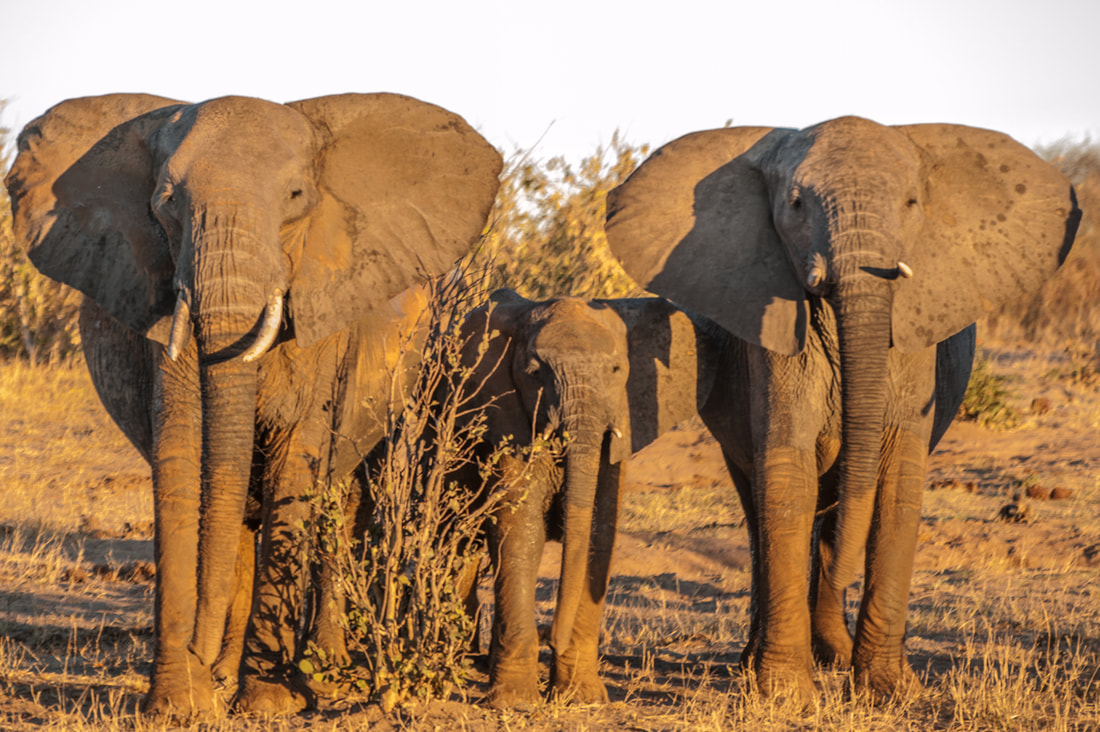 In the Shona language there is a proverb Kutsva kwendebvu varume vanodzimurana which translates into, “Men extinguish each other`s burning beard.” It means that sometimes situations arise in life when we need help from other people. I rearticulate this as the more commonly recognized, “No man is an island.” Whether you connect with the beautiful tribal cadence from our friends in sub-Saharan Africa or the more Western metaphor, it means we as humans depend on each other and community is what enables mankind to thrive. Despite the irony that we are physically being told to isolate right now, we have an obligation to each other not to shut ourselves off from the surrounding world. It is this essential concept that everyone is part of society and therefore part of this world, that brings us to share with you the plight of the men and women on the front lines of wildlife conservation in Africa with ENDANGERED RANGERS. Things are certainly tough in our own backyards right now, but these challenges are not limited by geography. Due to the collapse of tourism, the infrastructure established to protect wildlife – the rangers, scouts, field officers, and forest guides – is fragile. Jobs are being lost, the supply networks that bring food, equipment, and medical services has weakened if not completely shut down, and now poachers have the edge. Already emboldened, these poachers literally now have field advantage over reduced patrols and enforcement. There is an enormous cascading effect that this fundraising event is established to mitigate. Africa’s tourism industry is vital to conservation efforts as park and safari fees support the hundreds of human eyes and ears on the ground. But now, as parks shutter and private reserves who act as sanctuaries for many threatened species lose the revenue, the damage to an already threatened ecosystem is catastrophic. We were already on track to lose key species in the next few decades. The Black Rhino population has declined 97.6% since 1960 and the lion population is down 43% in just the last 20 years. On average according to the Wildlife Conservation Society, about 35,000 elephants are killed annually. Or, to make the point clearer, an elephant is killed every 15 minutes (about 100 per day). Per the World Wildlife Foundation (WWF), 90% of the African elephants have been wiped out in the last century with just over 400K left in all of Africa. The pandemic has accelerated these timelines and while we and other conservation committed entities from the non-profit world to the technology companies innovating on anti-poaching solutions continue to navigate around this new reality we must help the people still on the ground holding the line. ENDANGERED RANGERS is our way of bringing awareness and immediate help to these noble men and women in the form of salaries, supplies, and hope. It is also an effort to bring them the ingenious, effective, and scalable technology tools to reinforce their boots on the ground efforts. The funds raised by ENDANGERED RANGERS are being distributed across multiple beneficiaries whose transformative anti-poaching programs are designed to be shared with the entirety of the conservation community. From the education of the rangers to the training of the canine units to the deployment of the preventative suite of anti-poaching tech, it is urgent we don’t miss a beat in this constant conflict with poachers. The event on December 13th will give you a glimpse into this world and here on the site we hope to share more stories of the people and programs having a game-changing impact. Together we can affect what is being affected. By helping the rangers you help the animals. Helping the animals saves the planet. A ripple can have a big effect and we thank you in advance for your precious time and support. Jamala yako haipotei. Your kindness will not be lost (Swahili Proverb). |
AuthorJenna is the co-founder of Zambezi Partners whose mission is to eradicate poaching in our lifetime with investment and technology. PostsDavid Yarrow: Uncut
12/18/20 EMMY® Award-Winner Debra Messing, OSCAR® Nominee Djimon Hounsou and more Round out the Program for Endangered Rangers
12/2/2020 Josh Duhamel to Host Endangered Rangers Virtual Fundraiser on 12/13/2020 11/25/2020 It's Black RHINO Friday! Wildlife's BFF are Dogs 11/23/2020 Three Tech Innovations Making Poaching 'Extinct' 11/15/2020 The 6 Righteous Roles of Rangers 11/8/2020 Help the Rangers. Save the Animals. 10/28/2020 |

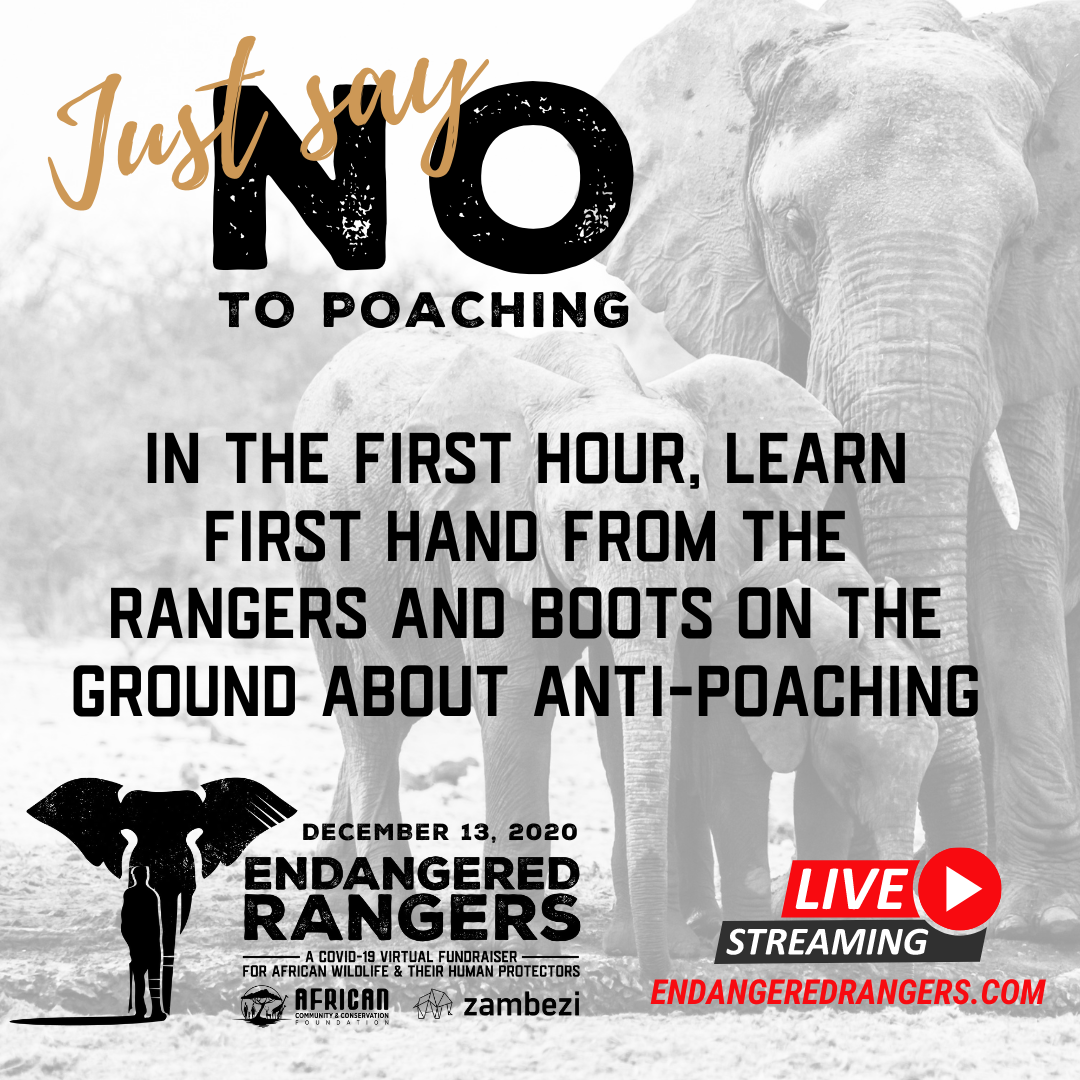





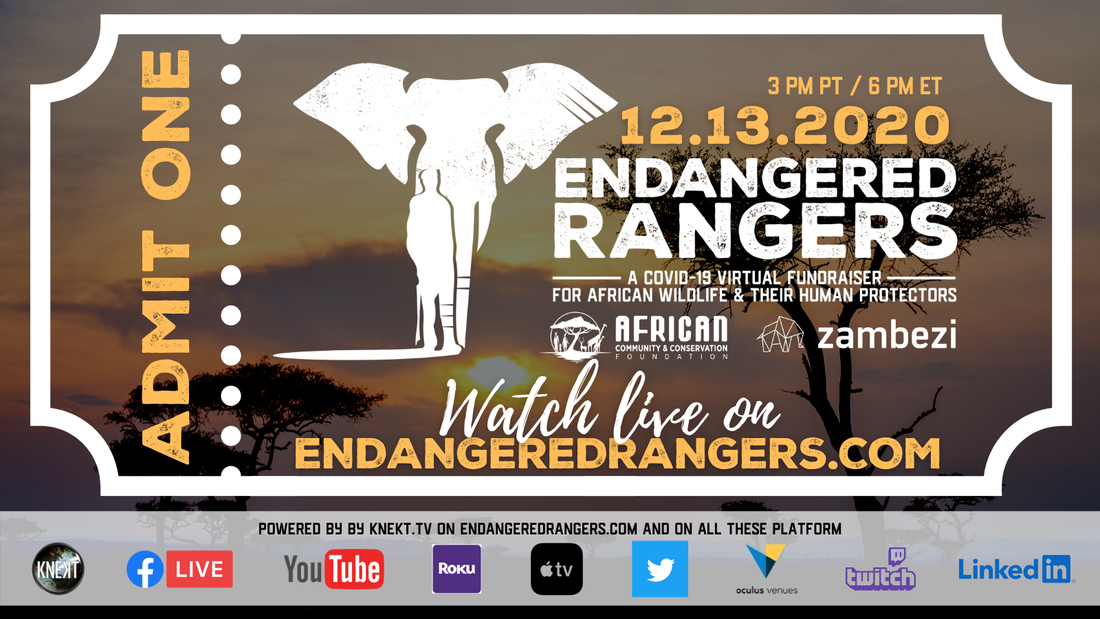










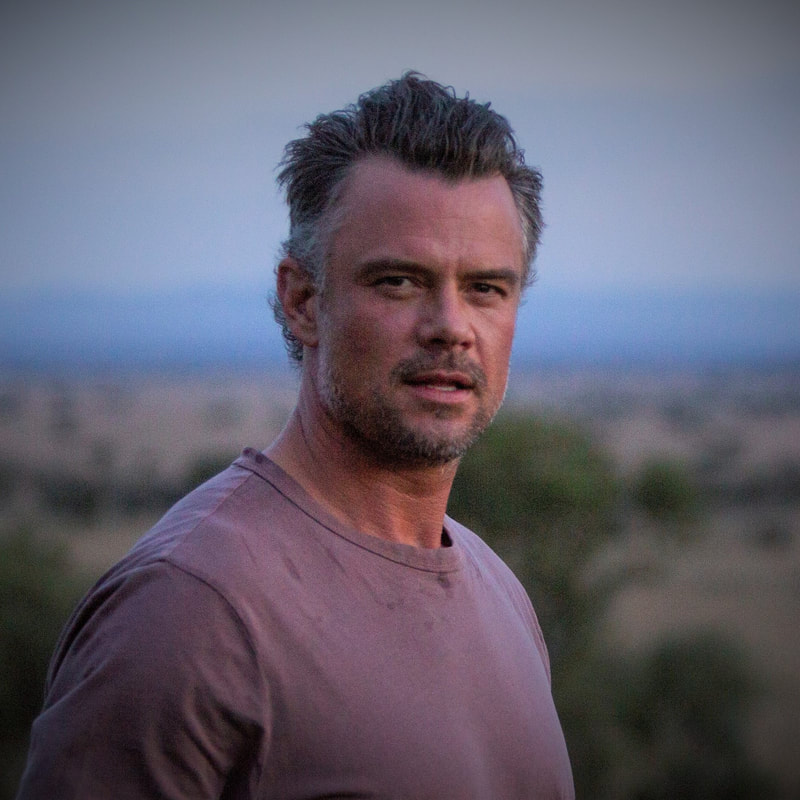




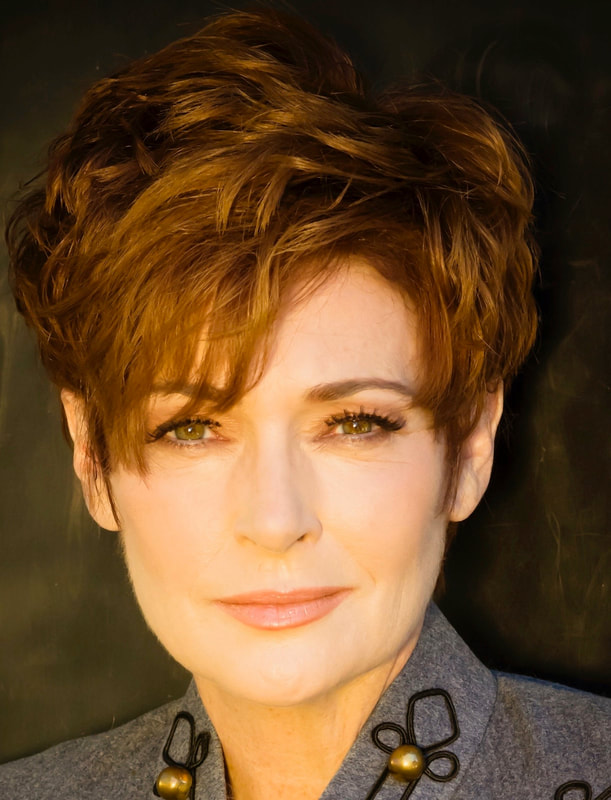

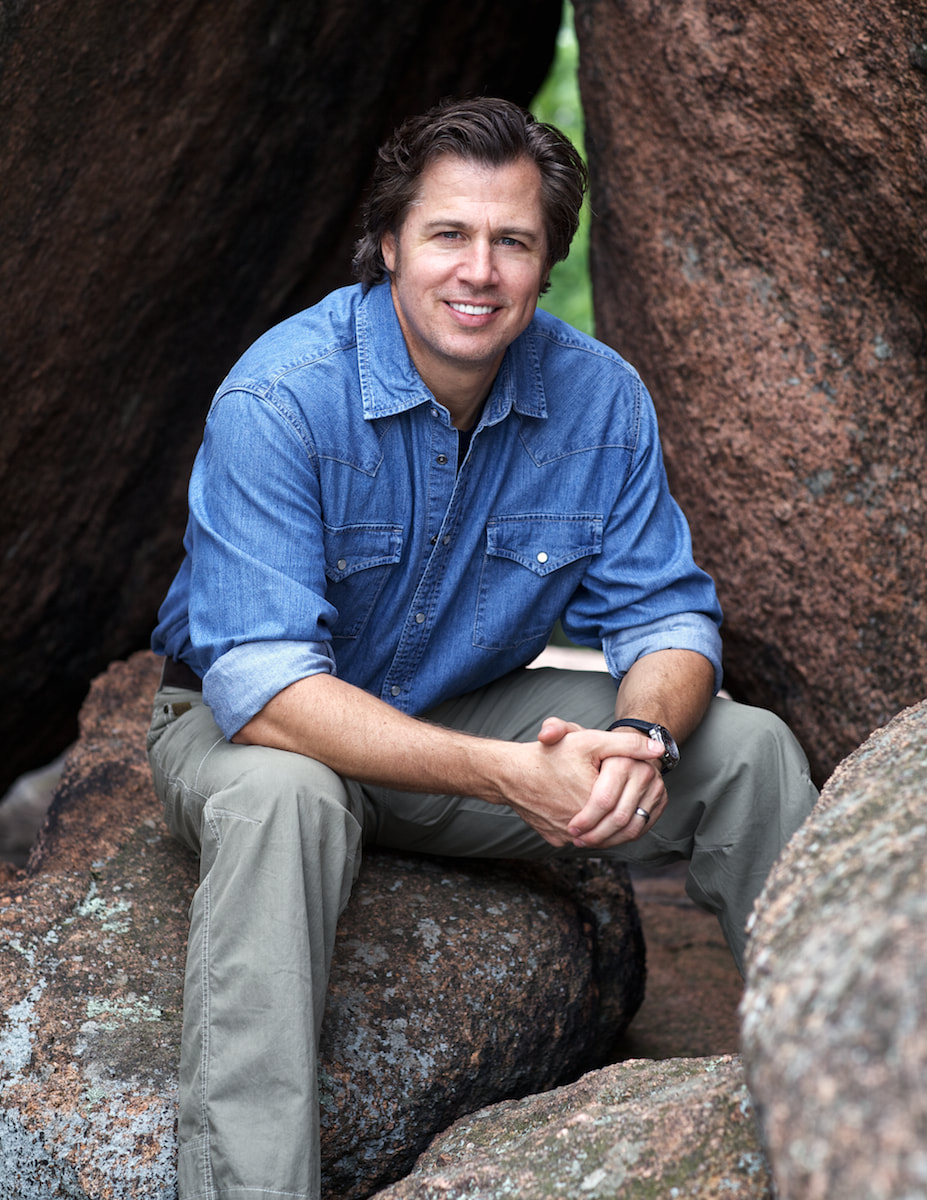

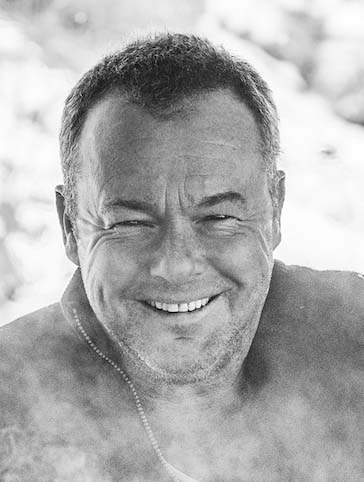







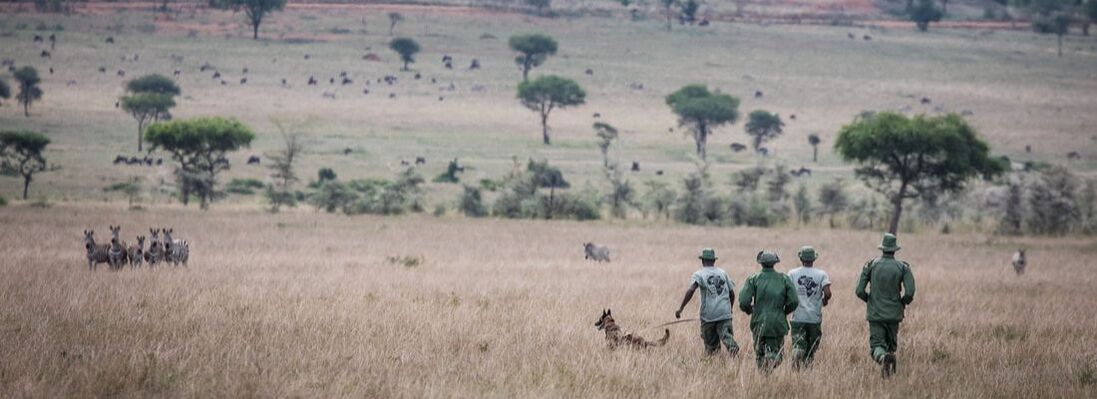
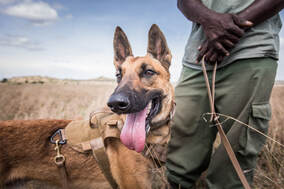
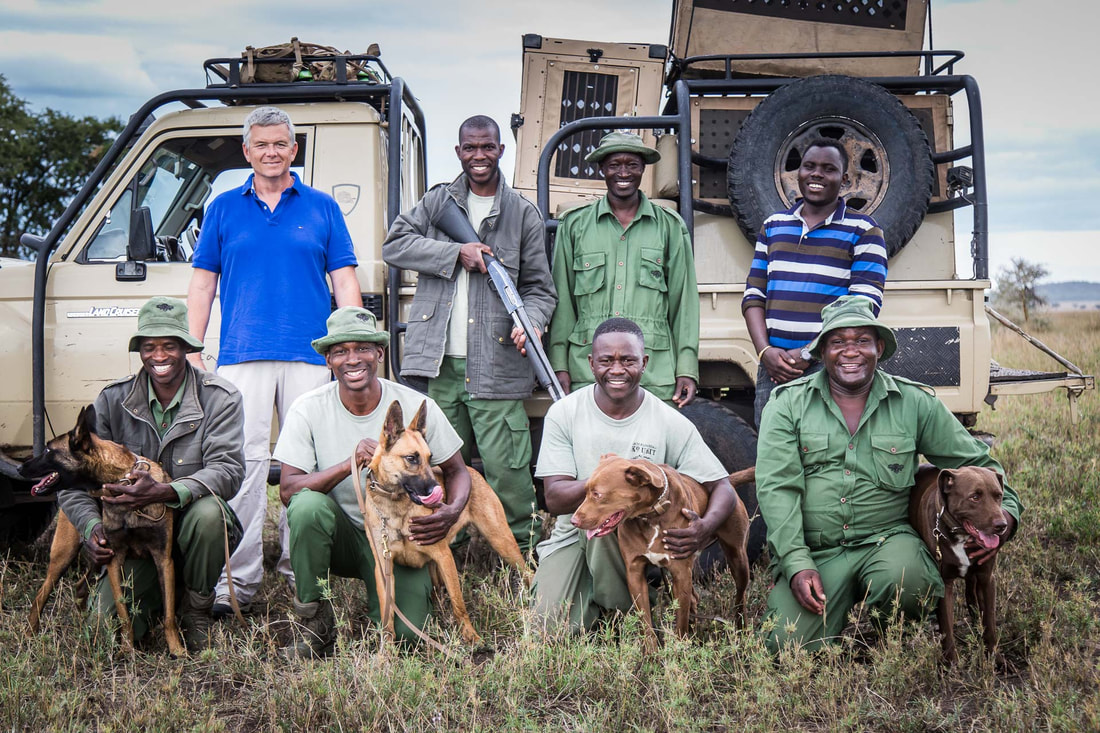
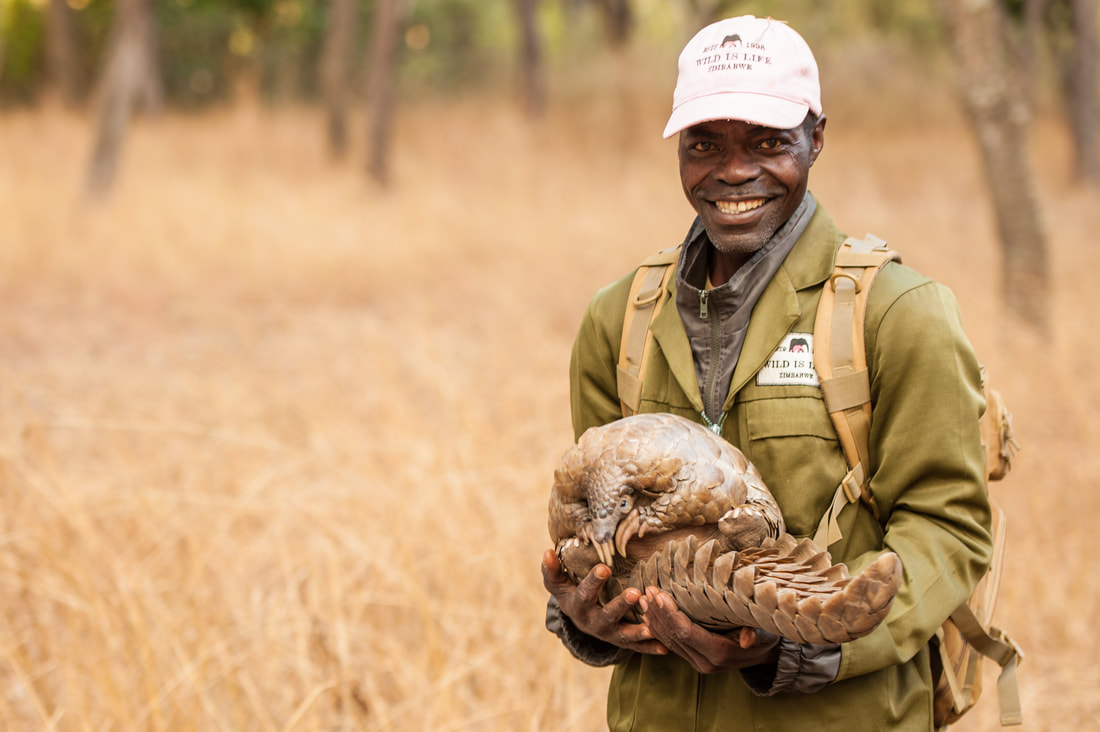
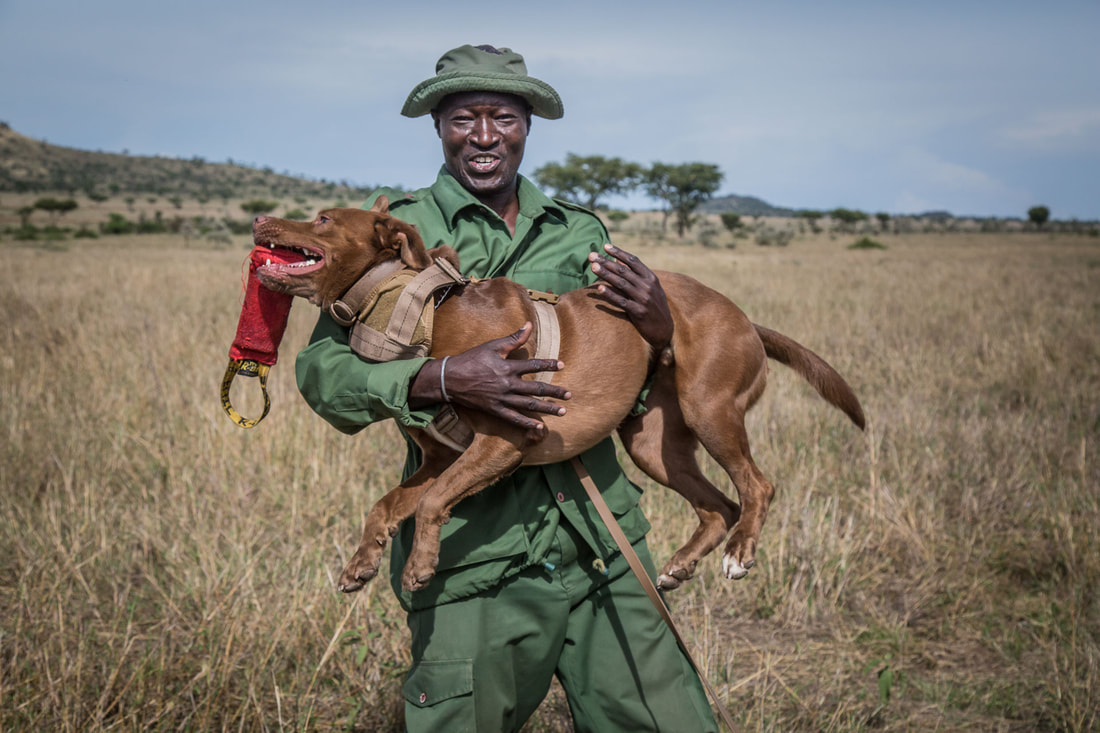
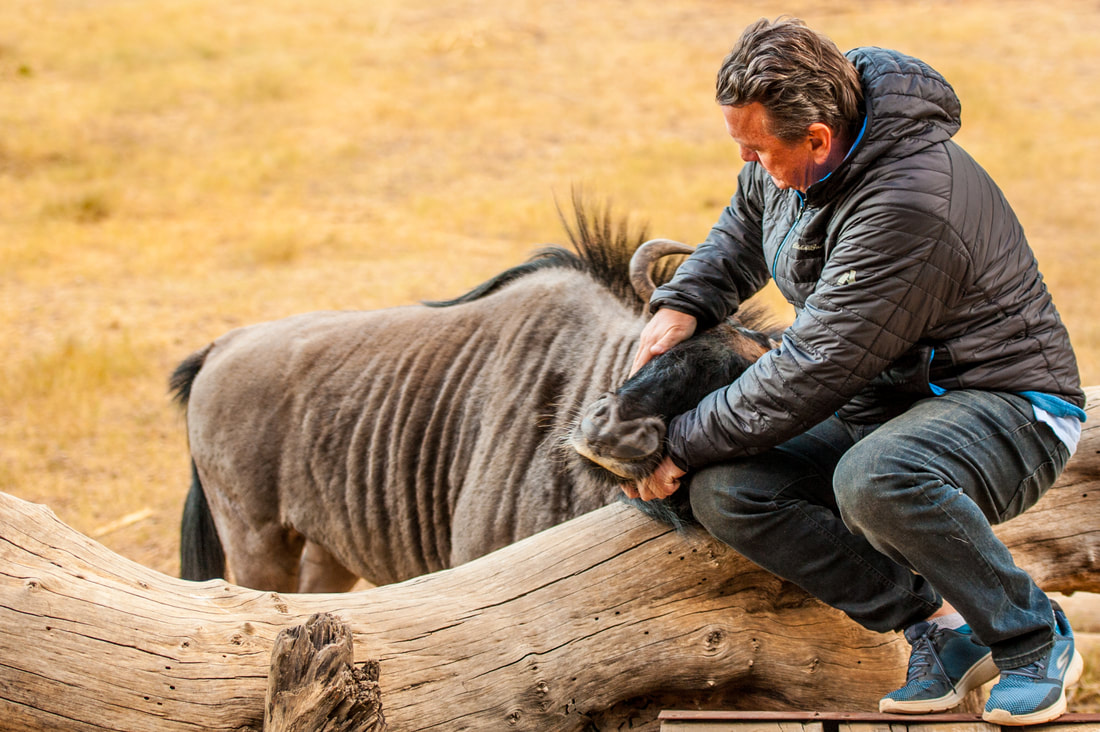
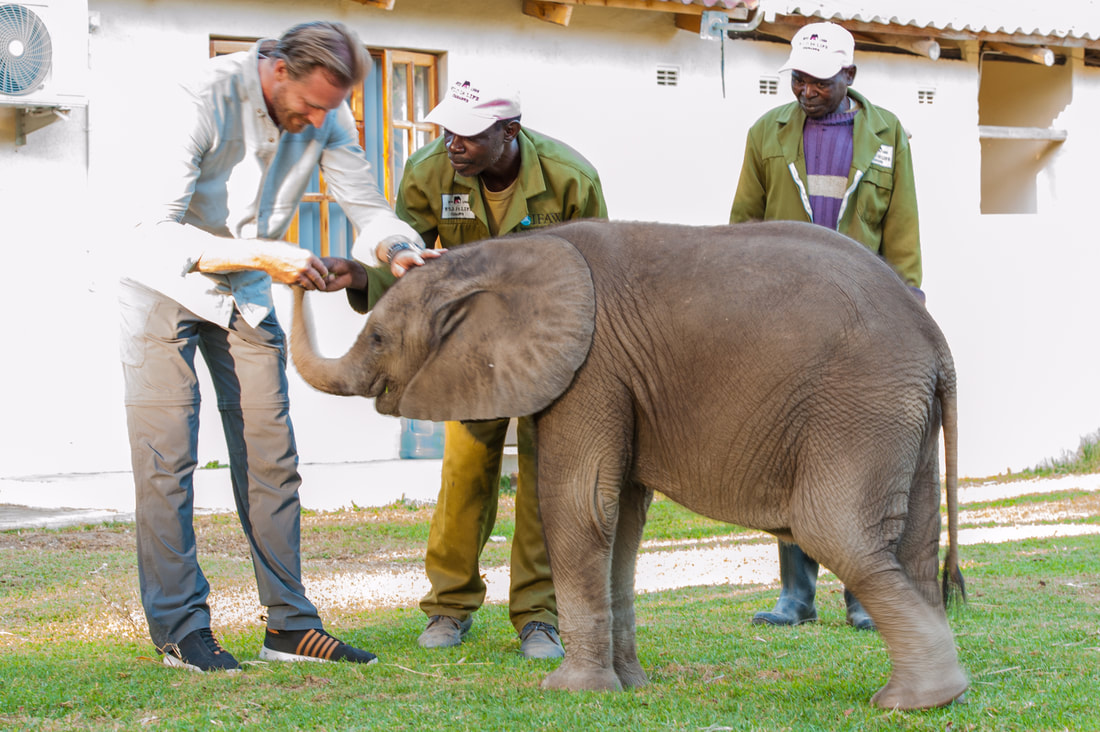

 RSS Feed
RSS Feed
